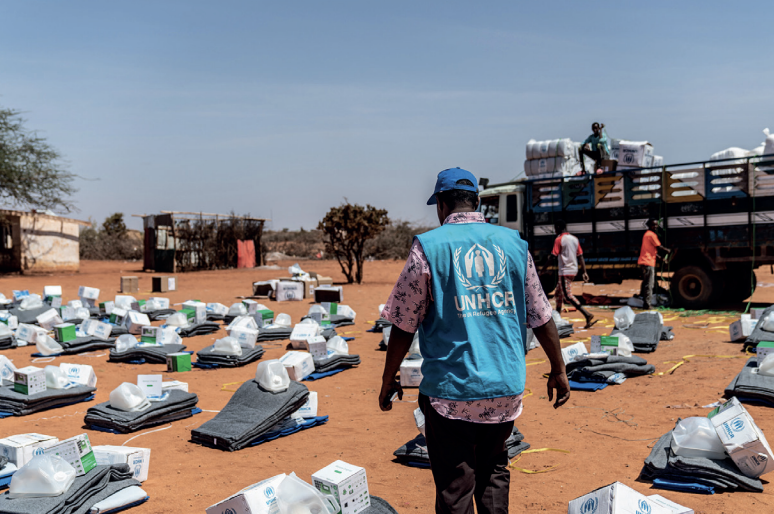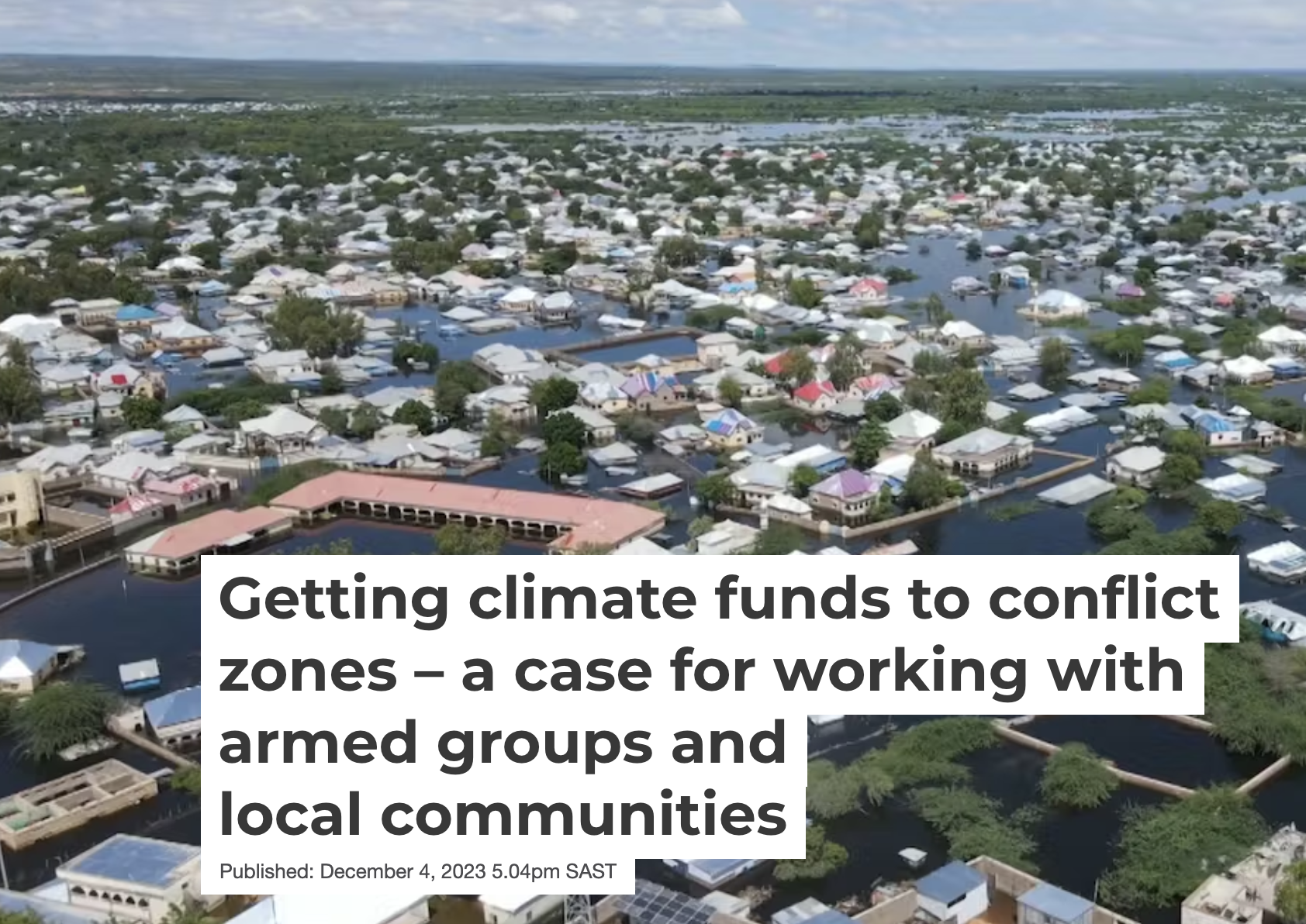Drivers of ISKP recruitment in Afghanistan
The Islamic State Khorasan Province (ISKP) has proved to be remarkably resilient despite international and Taliban government efforts to destroy it. This paper offers an in-depth analysis of ISKP’s recruitment strategies, the varied experiences of its members, and the group’s operational dynamics across Afghanistan.
Somalia’s isbaaro: Checkpoints and world-making beyond the state
This working paper examines the dynamics of checkpoint authority in Somalia, focusing on how kinship, mobility and checkpoint practices intersect to shape political and social orders. The paper argues that checkpoints in Somalia—or isbaaro as they are locally called—are deeply embedded in the social fabric of clan society, where the practice of abanship—the brokerage of passage through clan territory—plays a crucial role. This brokerage not only facilitates trade but also reinforces clan identity and social differentiation
Dead-end dictatorship: roadblocks, rural livelihoods and resilient resistance in post-coup Myanmar
Following Myanmar’s February 2021 coup, checkpoints have exploded, crucial to both the military junta and resistance forces. Based on fieldwork in Sagaing Region and Chin State in 2022-2023, this paper by Gerard McCarthy and Kyle Nyana theorises the relational dynamics at and between their respective checkpoints.
Border control paradox: The political economy of smuggling between Colombia and Venezuela
In this working paper, Jorge Mantilla explores state-criminal cooperation in roadblock politics. His study discusses the way in which, between 2015 and 2023, the bilateral tensions and border closure between Colombia and Venezuela created a political economy of smuggling in which state officials delegated basic state functions to organised crime groups to contain foes, domesticate illegal economies, and maintain social control.
Choking points: opium flows, roadblocks and illicit finance in Burma’s Shan State
The flow of opium presented unique opportunities and challenges for the Burmese armed groups interested in profiting from its concentrated wealth. In this working paper, John Buchanan explores the emerging features of armed group predation tied to the explosive growth of Shan State’s opium sector from the 1950s to the 1990s.
The border business: a political economy analysis of checkpoint taxation in Afghanistan
Checkpoints and the transit taxes that can be levied at them have been central to the vagaries of Afghan state formation and conflict—and are crucial to understand the rise to power of the Taliban. In this new working paper Sarajuddin Isar posits that checkpoint taxation is a key means of creating and negotiating rents between state and non-state actors, driving political settlements and conflict.
Roadblocks and revenues: the politics of passage
From Afghanistan and Yemen and from Mali to Somalia, checkpoints are central to dynamics of armed conflict, funding insurgents, driving violence and shaping governance by various types of armed actors, state and non-state alike. A new working paper series on roadblocks and revenues sheds lights on checkpoints in conflict contexts across the world and provides a new window into dynamics of authority and power.
Time for change: the normalization of corruption and diversion in the humanitarian sector
Although the aid sector often treats corruption and diversion as an anomaly, they are pervasive, systemic and often unwittingly perpetuated by standard aid sector practices. Drawing primarily on evidence from Somalia and Afghanistan (with reference to other contexts), this paper explores the specific aid practices that enable and perpetuate corruption and diversion, and what donors and implementers should be doing differently.
“Never say never:” learning lessons from Afghanistan reviews
This “review of reviews” looks at how and what Western governments and international organisations have tried to learn from the intervention in Afghanistan.
Transferring climate funds to conflict zones
Conflict-ridden and fragile countries are among the most vulnerable to climate change and least prepared to deal with it. They are largely excluded from climate adaptation programmes and funding. This article charts a path forward on how to address climate adaptation in conflict zones.










